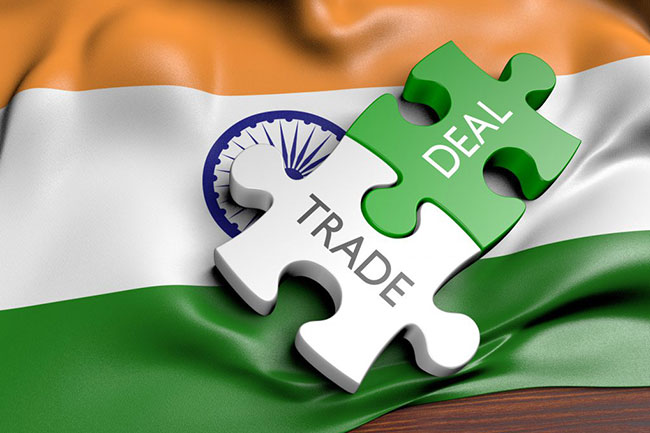
The overall risk survey of Indias enterprises export transactions, released by China Trust, showed that although the current level of credit risk is high, this risk has been decreasing year by year compared to other countries.
While India has huge demographic dividends and a fast-growing user base, making it the preferred choice for many companies to go out, issues such as electoral politics, nationalism and tax management have brought great uncertainty to foreign companies. For example, several world-renowned companies such as IBM, Samsung and Xiaomi have been fined in India for tax issues.
Recently, the Indian government decided to restrict the import of personal computers, especially laptops and tablets, from November 1, 2023, in order to promote the Made in India program, which means that must first apply for a license to import.In addition, India has also restricted the use of China-made drone parts, especially military drone parts, to address potential security vulnerabilities.
But despite the challenges faced, many international companies, including Disney, Ho Chi Minh City and Foxconn, are actively exploring business opportunities in India, especially for small and medium-sized foreign trade enterprises, India remains an export market with great potential, especially given India’s demographic strength, commodity demand and the rise of the middle class.
However, in order to succeed in the Indian market, also need to carefully evaluate the Indian business environment, ensure that both sides win in the cooperation, while also being alert to potential risks, ensuring the stability of investments and the continuity of returns.


 Follow customer service WeChat
Follow customer service WeChat